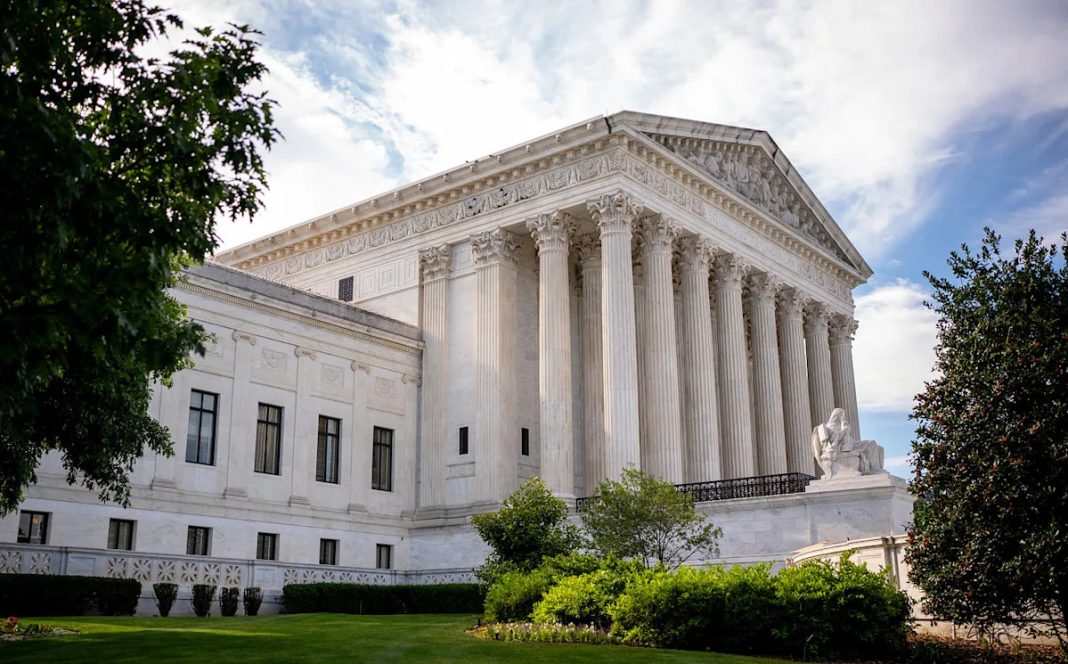Welcome back, Deadline: Legal Newsletter readers. The Supreme Court heard arguments in the historic tariffs case this week. My bottom-line takeaway is that the Trump administration had a predictably tough time at the hearing, given that it wants to upend the constitutional structure in a way that Republicans have historically opposed. But considering that the administration was defending unprecedented global import tariffs under a law that doesn’t even mention tariffs, it wasn’t a total disaster for the government. As I listened to the argument Wednesday, it sounded like Chief Justice John Roberts and Justices Amy Coney Barrett and Neil Gorsuch could hold decisive votes.
Meanwhile, the GOP-appointed majority issued its latest shadow-docket relief to the administration. As Justice Sonia Sotomayor put it over the summer, Donald Trump’s second-term government still has the majority on “speed dial.”
The latest order involved passports, namely the government’s urgent plea to enforce its preferred policy against transgender and nonbinary Americans using their preferred sex markers on their travel documents. Lower courts rejected the administration, which yet again turned to Washington, where the Republican-appointed majority again gave the administration what it wanted on Thursday.
The majority actually provided some explanation, which made this case somewhat different from other shadow-docket rulings. But the familiar 6-3 split was there, as was the familiar result backing Trump. “Displaying passport holders’ sex at birth no more offends equal protection principles than displaying their country of birth — in both cases, the Government is merely attesting to a historical fact without subjecting anyone to differential treatment,” the majority reasoned in an unsigned order.
Whatever one thinks of that logic on the merits of the issue, Justice Ketanji Brown Jackson noted that the administration wouldn’t have been harmed by not immediately being able to enforce its desired policy. “The Court nonetheless fails to spill any ink considering the plaintiffs, opting instead to intervene in the Government’s favor without equitable justification, and in a manner that permits harm to be inflicted on the most vulnerable party,” Jackson wrote, joined by Justices Sotomayor and Elena Kagan. She said the “documented real-world harms to these plaintiffs obviously outweigh the Government’s unexplained (and inexplicable) interest in immediate implementation of the Passport Policy.”
Getting back to the tariffs case, it’s possible that the administration will lose. Such a loss would be less a rebuke of Trump than a consistent wielding of the majority’s approach that it took in striking down former President Joe Biden’s student loan relief program and other Democratic initiatives. It’s also possible, if less likely, that the administration will win, in what would be the court’s latest bending toward Trumpism. In the meantime, shadow-docket orders like the one in the passport case keep helping the president along the way.
Have any questions or comments for me? Please submit them through this form for a chance to be featured in the Deadline: Legal Blog and newsletter.
This article was originally published on MSNBC.com

